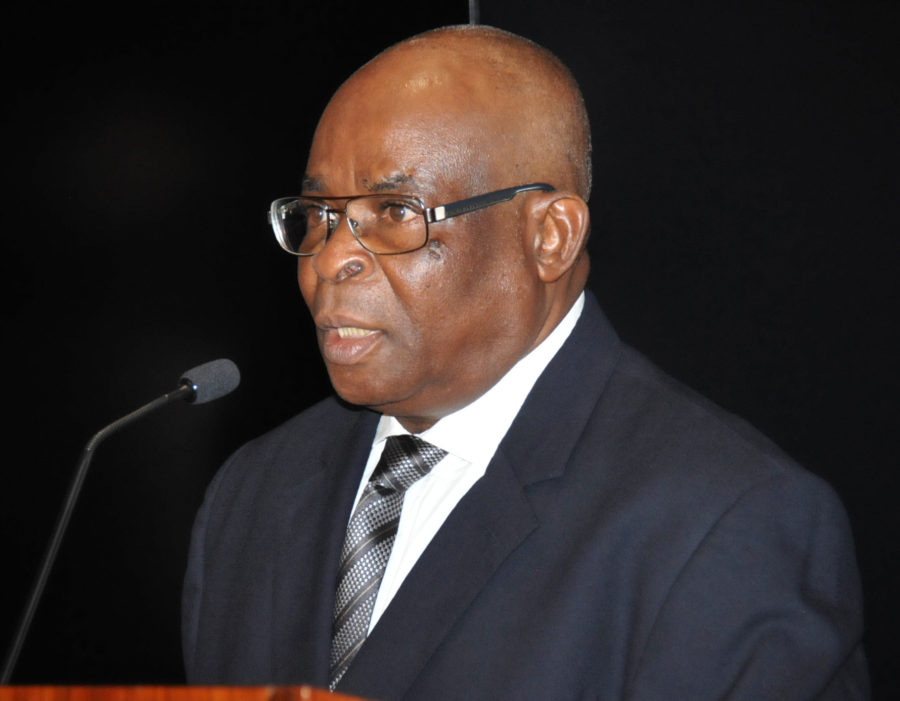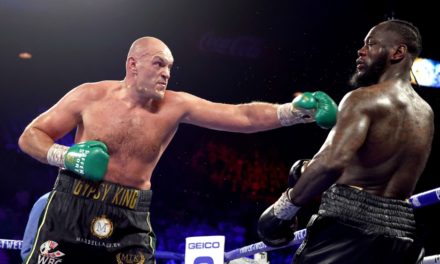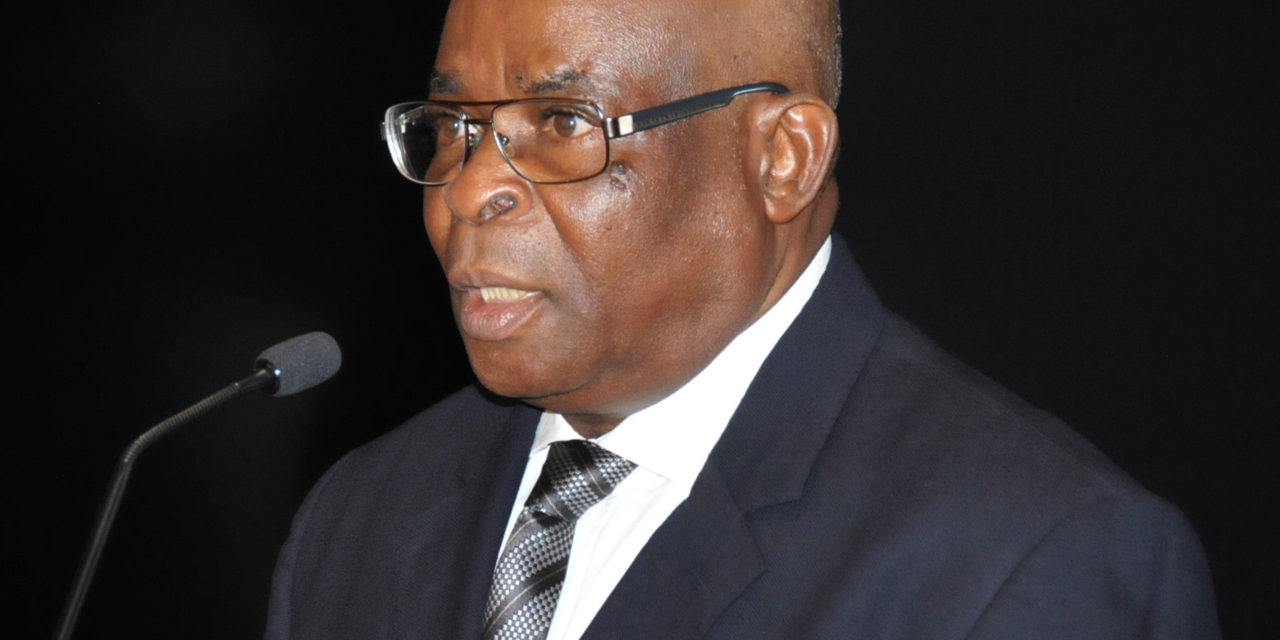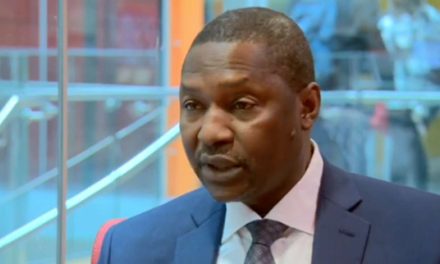
An institution may be said to be an organization founded and united for a specific purpose. One whose custom has come to be so well known that it has become its important feature.
We are said to run a three-arm government: The Presidency, the Legislature and the Judiciary. Each of these arms is an institution and should be a strong one at that if our country is to make meaningful progress. We are told that the reason for operating this 3-corner government is for checks and balances to be achieved.
This suggests that all three exercise equal checks on one another for good balance and speed. Although what I observe is a situation where the Presidency tries to take off while the other two act as stabilizers on a boat, and sometimes act as outright brakes. No wonder whenever the country fails to make good progress the Presidency gets all the blame.
My understanding is that the President is expected to have in abundance qualities suitable for the post he is occupying. This should include fatherliness, among many others. Similarly, the Senate President is expected to have the ability to organize meetings and build coalitions, among other leadership qualities.
On the other hand, the necessary qualities of the Chief Justice of Nigeria are somewhat more expansive given the nature of his job: deciding the fate (even in matters of life and death) of all others including the heads of the other two arms.
His position is like that of a clergy. In addition to having good leadership qualities, good knowledge of virtually all facets of life, thoroughly experienced in the practice of law, he should have an infinite capacity to uphold morality to its highest level both in judgement and in conduct! Better than the President. Better than the Senate President.
He should be seen taking dignified strides in his holy robes like an angel on a visit from heaven in whom everyone has total trust. This is why the learned men as a whole always enjoy special treatment anywhere they are. Unfortunately, this has not been the case with Justice Walter Onnoghe, the Chief Justice of Nigeria. Instead, what we have got from him is a series of embarrassing acts capped by disappointing show of misplaced solidarity by his colleagues in the judiciary. The embarrassing acts are:
- Failure to comply fully with asset declaration law; he must have imagined that it would not be detected. Naïve!
- On being confronted, he said he forgot. Of course, every Nigerian knows that a man in his position could not have forgotten to declare such huge assets.
- Failure to voluntarily vacate his position as CJN immediately upon admission of guilt.
- Fighting his prosecution in the name of due process.
The CJN’s colleagues in the judiciary whose image has been badly damaged by the CJN’s actions have not helped matters. They do not seem to be bothered about their battered image, which is further being damaged by their positioning themselves as protective of their colleague. With the CJN’s suspension, the image battering continues. All hope is not lost, however. He can still take off on a positive trend:
- Resign his position as CJN immediately
- Make a nationwide broadcast apologizing to his colleagues and to Nigerians for his error of judgement in asset declaration and its subsequent mishandling.
- Immediate discontinuation of his challenge of the legal process in bringing him to book.
- Humbling himself and facing trial at the CCT.
His final destination of course cannot look rosy even if he adopts above 4 recommendations. He will be worse off if he does not change course. Even if it eventually turns out that the process adopted in trying him is a serious deviation requiring remedy, it will definitely be reversed but in a saner manner. It may interest Nigerians to know that most of the commentaries on this matter I have heard from many countries are those of shock, horror, disbelief that the CJN of a country committed such an act, worse still, his explanation of the committal. None of them complained of whatever process was being adopted in disciplining the CJN. This is another strong indication that the main issue here is the CJN’s conduct.
It must be noted that the debate on due process did not come out of the blues. An act was committed. An attempt was made to discipline the person. The primary issue here is the first act and should receive the attention it deserves. Every Nigerian must rise and condemn the conduct of the CJN first and talk about process of discipline second. My advice to the learned men is that they should always endeavor to put the interest of the country before those of their colleagues. Their role is vital, and mishandling can lead to chaos. In that case we will all lose.
A few days ago, Dr Olisa Agbakoba, SAN, a former President of the Nigerian Bar Association said on channels TV that the FGN would never be able to get the required two thirds majority at the Senate to remove the CJN. One wonders whether his argument and those of his colleagues are not geared towards ensuring that the CJN is not removed. Their argument: first refer the matter to the NJC. If NJC recommends removal of the CJN, it goes to the senate and support will fall short of the required two thirds majority, so the CJN continues in office! What a way to ensure justice and fair play!










